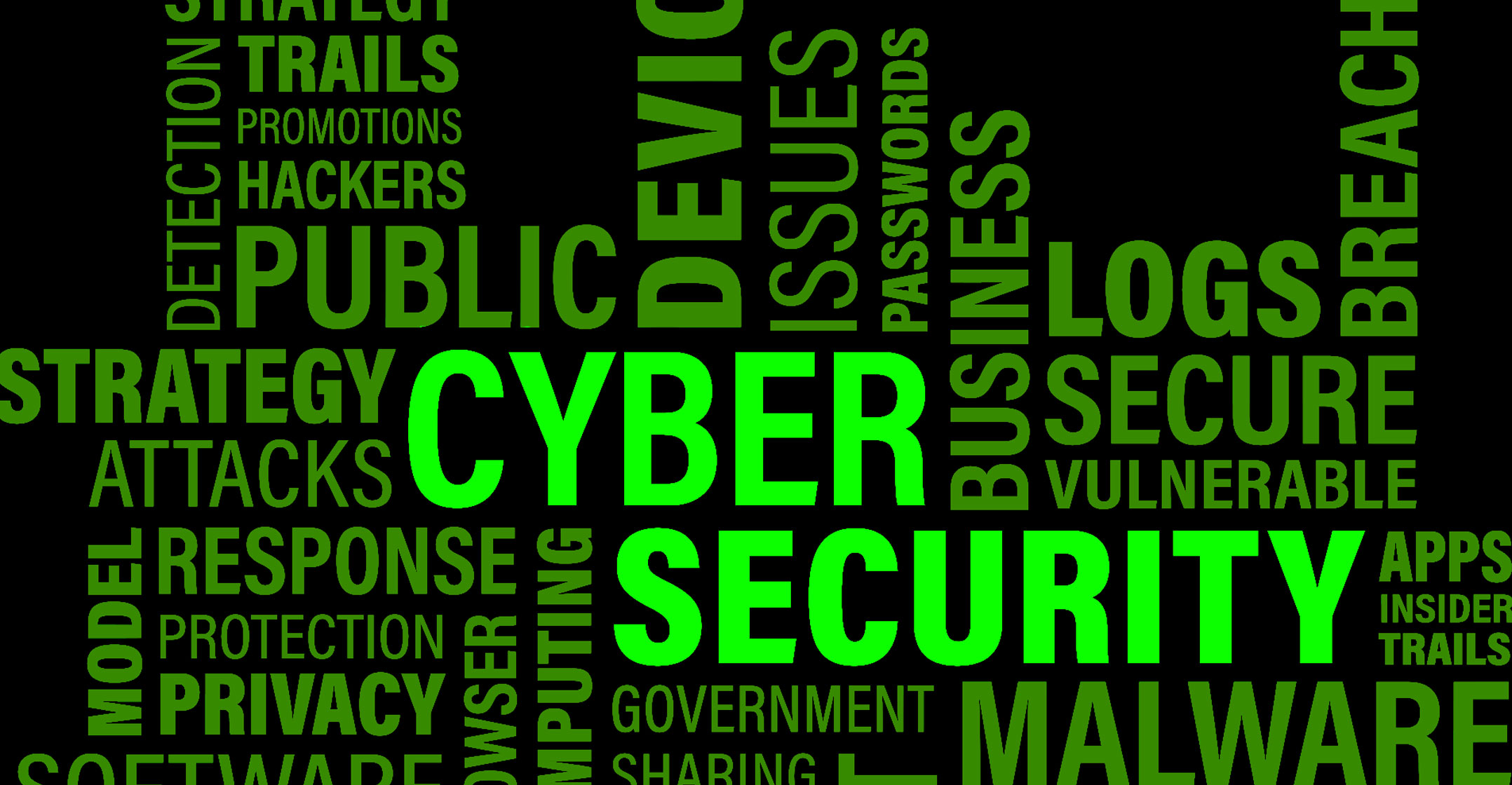
Siemens is joining with companies including Airbus and IBM to try to counter large-scale hacking attacks that threaten to cost US$8 trillion in damage over the next five years.
The group plans to sign a charter on Friday at a security conference in Munich urging stronger safeguards against assaults on digital systems that control homes, hospitals, factories and nearly all infrastructure.
“The risk of exposure to malicious cyberattacks is growing dramatically,” it said in a statement. Failure to protect the systems “could have devastating consequences” for democratic and economic values.
The initiative comes amid an ongoing investigation in the US into allegations of Russian interference in the 2016 election, and after computer malware has already shown its ability to spread through systems worldwide.
Last year’s WannaCry ransomware crippled parts of Britain’s National Health Service and infected more than 300 000 computers across 150 countries. The cost of cybercrime to firms over the next five years could reach $8 trillion, the World Economic Forum said in a report in January.
Signatories of the Munich charter, which also include Allianz, Daimler and Deutsche Telekom, are calling for governments and companies to take responsibility for digital security at the highest levels. They suggest this could be through specific ministries and executives as well as by ensuring management of identity, access and encryption.
“We have to make the digital world more secure and trustworthy,” Siemens CEO Joe Kaeser said in the statement. “It’s high time we acted — not just individually but jointly.”
Canadian foreign minister Chrystia Freeland said the issue “‘will certainly be a focus” of the country’s Group of Seven presidency this year.
The WEF report made reference to thousands of attacks every month on critical infrastructure, from European aviation systems to US nuclear power stations, and said state-sponsored hackers are attempting to “trigger a breakdown in the systems that keep societies functioning”. — Reported by Oliver Sachgau, (c) 2018 Bloomberg LP




